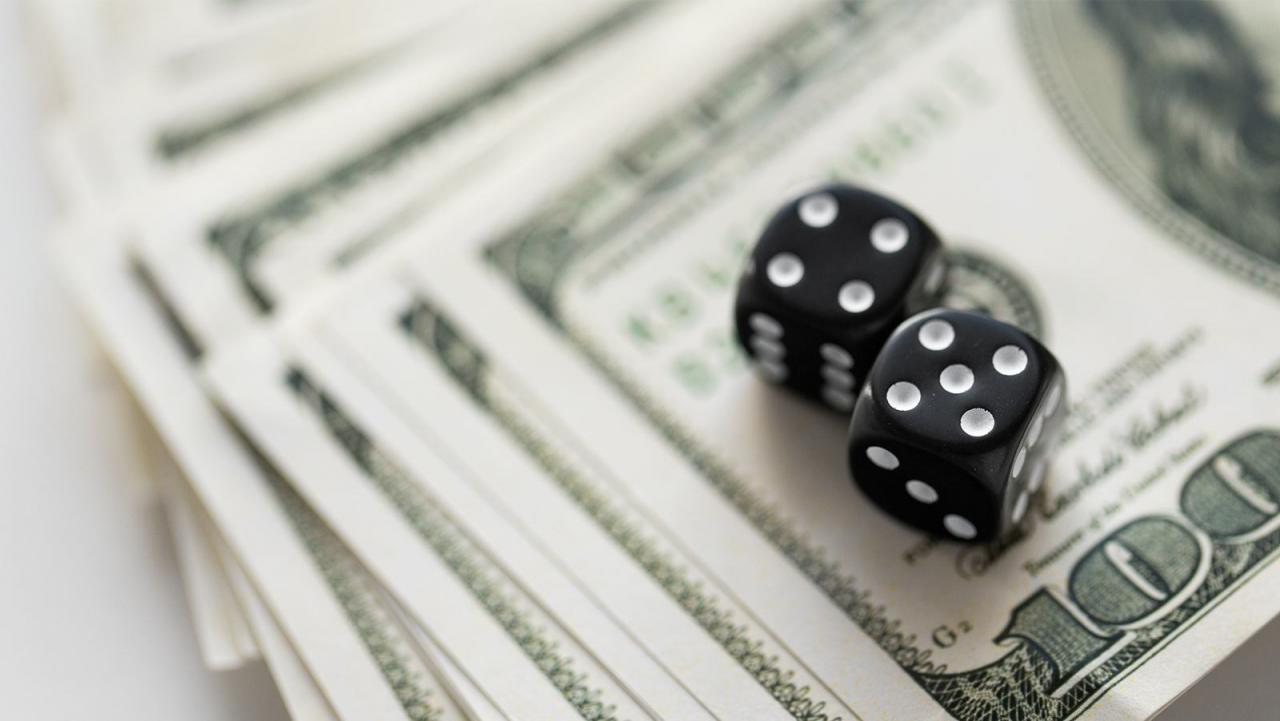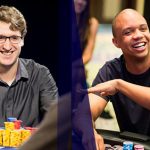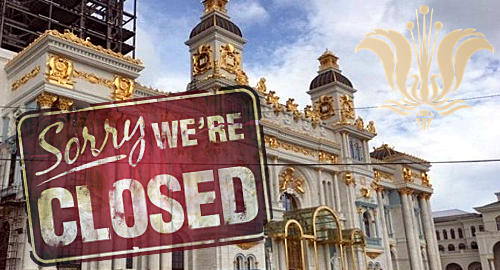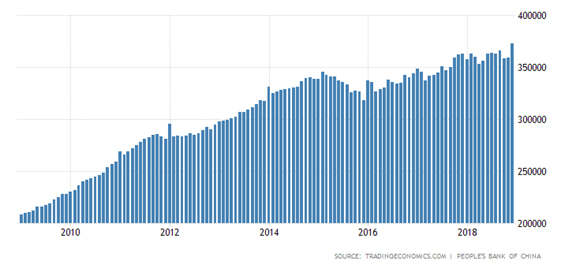Yes, PASPA has been overturned and we’re all very happy about it. But investment gains are not made on news that the entire market is already aware of with expectations already high. Putting capital to work in the U.S. now is a bet on long term U.S. gambling growth prospects with only minor short term hiccups down the road. If this is your view, then by all means. Sportsbook growth in the U.S. will only add to it, if that is your base case.

A snapshot of the overall industry though shows that even the bullish case of $5.2B in gross gaming revenue over the next 5 years for U.S. sportsbook doesn’t add that much revenue by percentage. Even assuming no downturn in the U.S. economy over the next 5 years, a projection I consider to be way off base, total GGR in the US would be somewhere in the vicinity of $90B. If we add the bullish case of $5.2B in 5 years for sportsbook, total sportsbook contribution well be below 6%.
Sportsbook alone is not going to compensate for any downturn that may occur. What it will do is make the way back up that much quicker, especially for firms that are exercising maximum financial prudence now. It will be all the more reason to buy the U.S. once the next downturn is over.
I’ll spend a few paragraphs discussing Boyd here in a minute, but first, two big elephants in the room to watch over the next month that should indicate whether a U.S. downturn is in store this year or if it will be postponed for at least another year. The first is not something I typically mention here, and that is the effective federal funds rate, what banks charge one another to borrow excess reserves overnight. This is one of the most, if not the most important interest rate in the world, the benchmark against which almost all other rates in the world are set. It of course affects the gambling market as much as any other. When you hear about Fed hikes or cuts, this is the actual rate they’re talking about. And the Fed is losing control of it as we speak. It’s up 3 basis points in the last three days, from 2.41% to 2.44%.
In comparison to the intense minute-by-minute coverage of Fed rate decisions and the traditional intricate dissection of every single word that comes out of the Fed Chair’s mouth during those decisions, the actual rate itself is completely ignored. I found one terse report on it at Kitco. That’s it.
If the Fed can’t get control of this very soon, it’s going to catch investors with their pants down. Now, it could be transient, a nonissue. That’s possible. The Kitco report assumes that it’s happening because of tax day aftershocks when oodles of liquidity are moved to the U.S. Treasury, tightening money markets ephemerally. Maybe, but looking at the historical tables it didn’t happen last year around tax day, nor the year before, nor the year before that. If the rate does not go down over the next 4 weeks or so, U.S. markets are probably in trouble. Staying on the sidelines until this issue is cleared up is the best course of action right now.

Second, we’re right at seasonal U.S. dollar supply peak, also having to do with Tax Day. We’ll soon see where the peak hits and how sharp the subsequent annual fall is over the next 3 to 4 weeks. It should set the stage for what will either be a stable summer followed by bullish winter and spring 2020, or very bearish summer for U.S. stocks followed by who knows what. If both of these issues clear up by the end of May, the U.S. market should be safe for another year. If either one shows problems, the rest of this year may be a repeat of the second half of 2018, but worse. I’ll report on it here.
Now, to Boyd. What post 2008 investors may not realize is that it has never fully recovered from the financial crisis, not in its stock price nor fundamentally. The company admits this explicitly in its annual report, in fact putting this as its number one risk factor going forward:
Our business is particularly sensitive to reductions in discretionary consumer spending as a result of downturns in the economy. Our customers spend less per visit and differently than prior to the recession, including focusing more on non-gaming amenities. We cannot say when, if ever, or to what extent, customer behavior in our various markets will fully-revert to pre-recession behavior trends.
If it hasn’t fully recovered by now, imagine how badly the next downturn is going to affect shares. Sure, Boyd is growing again. It’s making acquisitions and building its revenue streams. But it’s mostly debt-fueled. Total debt is up another billion since 2017. 2021 is going to be a real problem for Boyd as it has over $600M in principle to refinance. It raised $700M in debt last year but used substantially all of it to finance acquisitions that are now padding its top line. Shareholders with short time horizons love this stuff, that is until it all comes due. If I were CFO I’d roll it over now as rates are still very low. Beyond 2021, 2023 looks like a brick wall with over $1.8B due. I really don’t know how they are going to roll all that over without some kind of buyout (best case) or a Caesars-inspired Battle Royale with bondholders.
On the plus side, EBITDA is growing nicely and consistently, which makes sense for a growing company. Recent sportsbook-relalted deals with MGM and FanDuel are good moves. Nothing to complain about there. At best, if and when the two broader monetary issues mentioned above clear up, Boyd could be a nice allocation from around September to May 2020. Its movements are quite sharp in either direction so if the U.S. has another good year to go, there could be some nice short term gains for Boyd holders. Beyond that, it’s a thick fog of uncertainty going into next decade.







